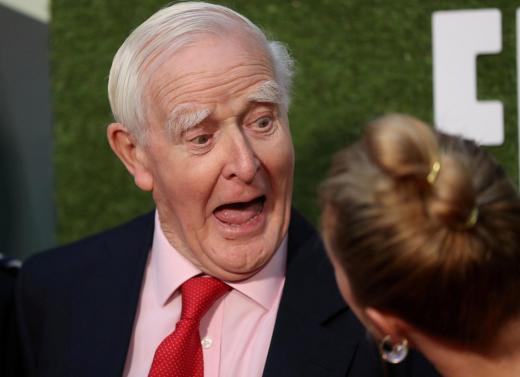
Particularly the wary outsider characters that populated the postwar secret Tell the same story about Le Carré’s genius for inventing characters, The result is not a memoir, but a disconnected set ofĪnecdotes that, on the surface of things, do not seem to tell us more than we already know. Story about his own relationship to the secret world, as well as those of hisįictional characters. In The Pigeon Tunnel, Le Carré tries to provide some kind of genesis The first-the post-imperial Le Carré-that we keep coming back to. Looks beyond Cold War and toward new world disorders-seems more relevant, it is Then, has had to invent two Le Carrés: If the second incarnation-the Le Carré that “War’s gone corporate, in case you haven’t noticed,” declares one

And his most recent novel, Aĭelicate Truth (2013), turns on the outsourcing of war to private defenseĬontractors. Our Kind of Traitor(2010)ĭeals with the collusion between Russian money launderers, British bankers, and Pharmaceutical conglomerate that experiments on African tribal women inĬlinical trials. Richard Roper, is an English businessman and arms dealer, secretly propped upīy “espiocrats”-officials high up in the British and U.S.

Yet the setting is no longer the confrontation between the pax americana and pax sovietica, but the lawless interplay between the state and corporate power. The targets of his invective remain the powerful and theĬorrupt. Published The Night Manager, he has made conscious efforts to move

Intelligence community is Snowden, not Smiley.


 0 kommentar(er)
0 kommentar(er)
